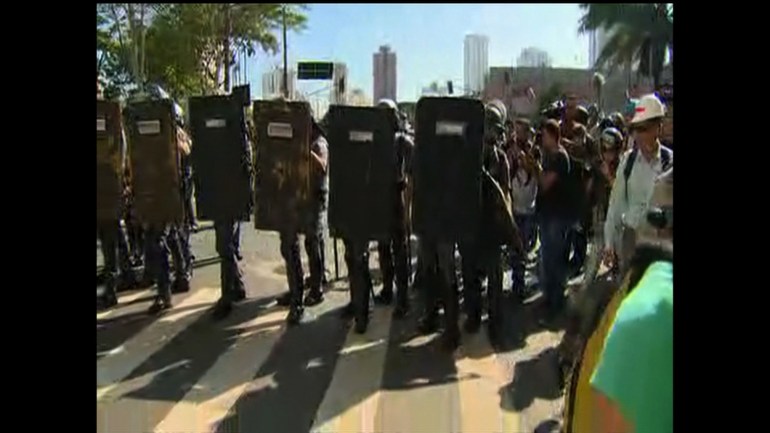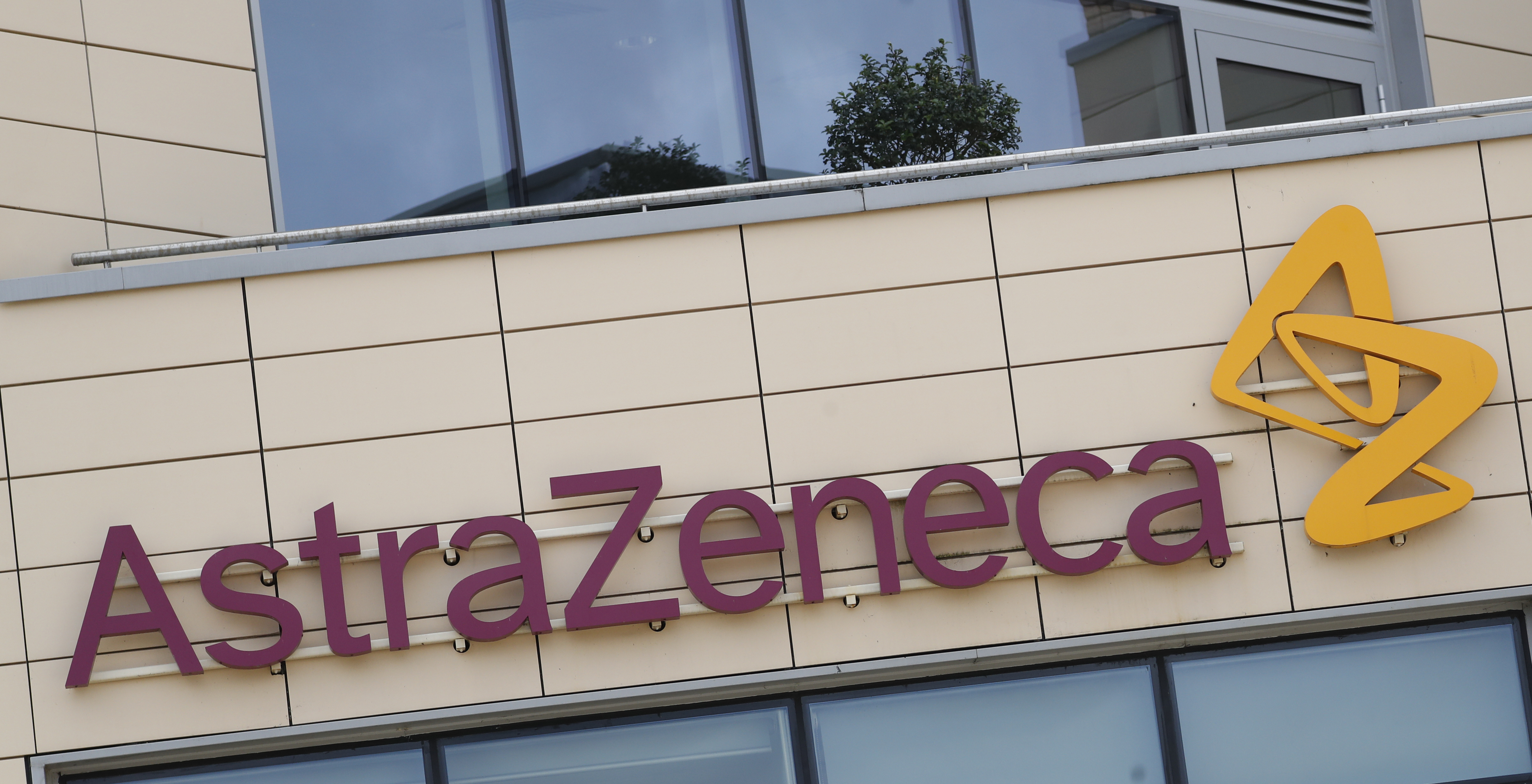SAO PAULO, BRAZIL — The 20th edition of the FIFA World Cup begins Thursday in Sao Paulo with a match between the hosts and five-time champions Brazil and Croatia in Sao Paulo.
It is the culmination of a seven-year buildup to football’s global showpiece which has been plagued by mass protests about the estimated $11 billlion cost of staging the tournament and concerns that stadiums and crucial infrastructure would not be completed in time.
All this could be forgotten when Luis Felipe Scolari’s beloved ‘Selecao’ kicks off at 2000GMT in the Corinthians Stadium in its Group A opener — the first of 64 games in a month long festival of football which culminates in the final in Rio de Janeiro on Sunday July 13.
Brazil is favorite from the 32 nations to be crowned world champions again and coach Luis Felipe Scolari is urging supporters to unite behind his team in its quest for glory.
“To all Brazilians I want to tell you the time has arrived. This is our World Cup,” said Scolari, who led Brazil to its last triumph in the 2002 World Cup.
“The first step is Croatia,” added Brazil coach. “After that we have six steps that we want to go up if we want to win the World Cup.”
Scolari’s team, inspired by key player Neymar, won last year’s Confederations Cup, beating reigning world champion Spain in the final, but the action on the field was overshadowed at times by violent protests with over one million people taking to the streets in cities across the country.
 The protesters were angered by the poor state of Brazil’s public services, the resentment increased by allegations of corruption and the ever-increasing price tag for staging the 2014 World Cup.
The protesters were angered by the poor state of Brazil’s public services, the resentment increased by allegations of corruption and the ever-increasing price tag for staging the 2014 World Cup.
Brazil’s president Dilma Rousseff, mindful of the damage to the reputation of her country, has ordered a big security operation with a reported 150,000 soldiers and police deployed as well as 20,000 private security officers.
And in an early sign that authorities will crack down hard on protests, police fired tear gas at a small scale demonstration Thursday about 11 kilometers from the stadium.
Two CNN journalists sustained minor injuries in the incident and at least one person was arrested.
Rousseff will welcome a host of world leaders and dignitaries to the opening ceremony in Sao Paulo which precedes the first action on the pitch in the 65,000 capacity stadium.
Aside from the difficulties encountered by the host nation, the world governing body FIFA has garnered unfavorable media headlines over its handling of corruption allegations in the award of the 2022 World Cup to Qatar.
Its 78-year-old president Sepp Blatter has faced down a revolt by European football officials by announcing his intention Wednesday to stand for re-election for fifth term next year.
“My mission is not over,” he announced to FIFA’s 64th Congress in Sao Paulo.
For the millions of football fans in Brazil and the estimated 600,000 foreign supporters who have come to cheer on their heroes, such political considerations may well be of secondary importance once the action starts in earnest at 12 venues across a vast country.
Click here for stories about Overland Park native Matt Besler in the World Cup
Vicente del Bosque’s Spain will be bidding to become the first European side to win a World Cup in South America, which last hosted a tournament in 1978.
Spain, twice winner of the European Championships, either side of its triumph in South Africa in 2010, face a tough opener in Group B against the Netherlands in Salvador Friday.
The Dutch provided the opposition in the 2010 final where an Andres Iniesta goal gave Spain its 1-0 victory.
Traditional footballing powerhouses Argentina and Germany are also expected to mount strong challenges to the likes of the hosts and Spain, but teams from Africa and Asia have also sprung upsets in recent World Cups.




